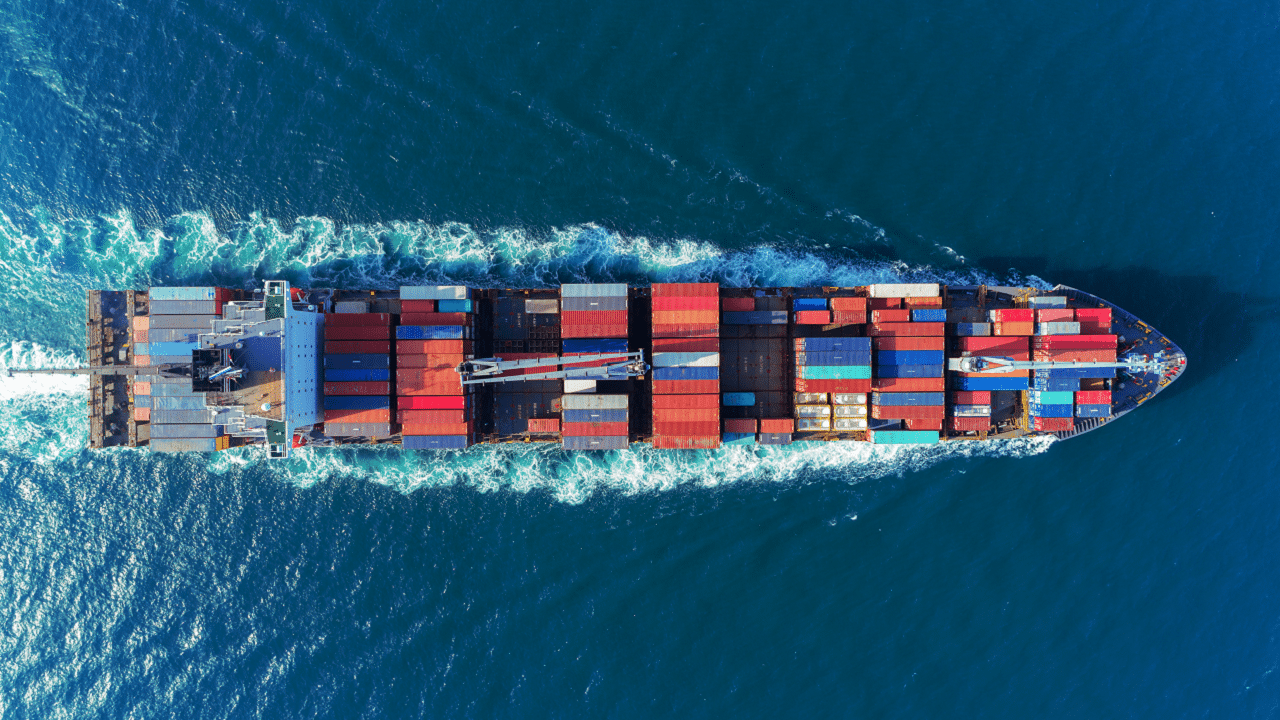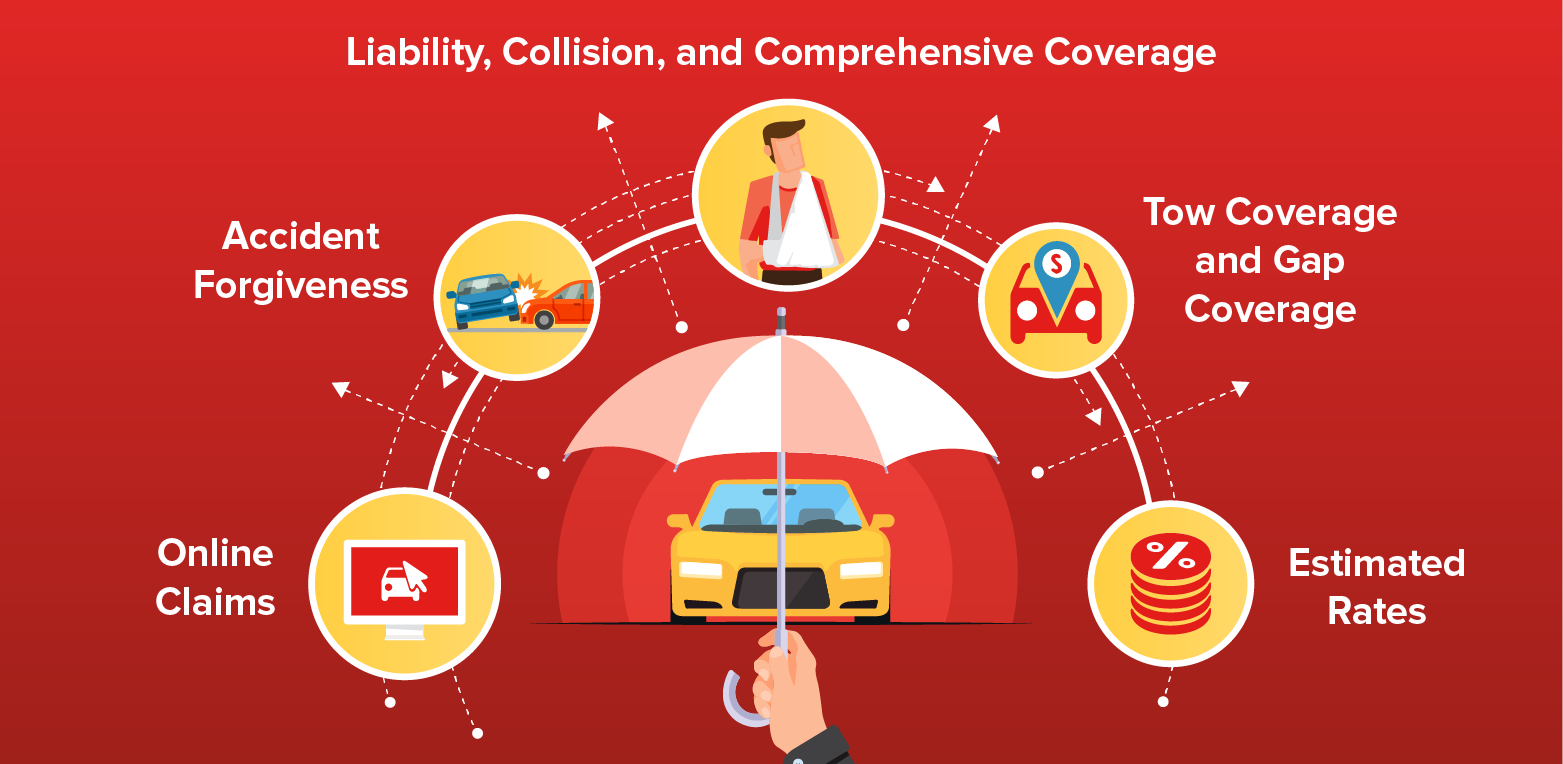Maritime insurance was the first type of insurance, but the industry has changed a lot since then. Today, the world is full of new risks, opportunities, and concepts. Sedgwick’s Ms. Elizabeth Gill examines how businesses could remain up to date.
Maritime insurance has a long and global history, dating back to 3000 BCE, when ancient Chinese and Babylonian traders looked for ways to lessen the risks associated with their sea travels.
Since then, the concept has evolved and been updated to reflect global industry and commerce, encompassing a wide range of risks from cargo and responsibility to hull and machinery.
Even though boats, equipment, and technology have changed, marine insurance is still a long-standing tradition, especially in Asia. How could insurance executives honor the past while introducing new concepts and growth into the maritime and hull industries?
Certified professionals: upholders of industry standards
The marine trading industry poses significant risks to vessel owners. Unpredictable seas, rocky coasts, and crowded ports are some of the potential risks that could disrupt the cargo that drives the global economy. Marine and hull claims offer vessel owners financial protection against the high costs of replacements, repairs, and even total losses.
In high-risk trading, policyholders should be served by qualified, licensed adjusters who adhere to stringent care standards. Experienced TPAs with global expertise in this area of insurance should guarantee precise quotes, that no hull or cargo issues are overlooked, and that policyholders receive the right kind of coverage.
Over the past year, as we have expanded our teams in Asia, Sedgwick has sought out professionally qualified adjusters in addition to developing new skills like in-house maritime surveying in Indonesia and Malaysia.
Our skilled adjusters have over thirty years of experience handling all types of maritime and transportation claims, from large, complex losses to low-cost/high-frequency claims.
Keep ahead of potential dangers
Ships that travel the oceans face a number of risks that could result in damage and disruptions that could cause losses far beyond their actual hull. Marine professionals must be prepared to anticipate and assess any harm that may arise from a claim, such as fraud or business disruption, in order to fully protect policyholders’ interests.
In particular, fraud is on the rise in Asia, including maritime claims. Devoted fraud specialists in Malaysia and Indonesia, for example, work on boats and with policyholders to spot rising fraudulent activity and alert the appropriate regulatory bodies.
Training and education for marine ecosystem partners also contributes to lowering risks like fraud. Our professionals’ insights on topics like risk exposures and regulatory situations have proven to be very valuable to corporate clients, banks, local maritime transportation associations, and market sectors.
Additionally, dedicated risk improvement meetings with particular maritime clients may significantly reduce anticipated risk events such as fraud and business disruption losses.
Immediate client support
In an industry as unpredictable and diverse as marine, insurance professionals need to be prepared to meet policyholders where they are and assist them through any challenges.
Events that can happen at any time while a ship is at sea include collisions with other vessels, groundings on rocky shorelines, fires, and equipment issues.
Even though technological tools are helpful, human interaction is still crucial in today’s maritime industry to handle these kinds of claims. Policyholders look for real-time, in-language guidance and advice from claims managers who are familiar with their local area.
Policyholders can reach and chat with a maritime specialist on standby by calling Sedgwick’s best practice dedicated 24/7 service line. It is our responsibility to be available to clients who, upon calling, take comfort in the knowledge that assistance is prepared for any maritime emergency.
Regardless of specialization, insurance is primarily a care-oriented service. Success will be more likely for those who can keep that value in mind.
Equipping the upcoming generation of talent
The practice of maritime insurance has developed over hundreds of years; if we want to sustain the industry, leaders must continue to invest in the skills and knowledge of the upcoming generation.
If marine and hull adjusters wish to improve their client service and claim handling skills, they must always be learning. Experts in marine insurance must integrate a variety of knowledge areas, such as engineering, naval architecture, international law, and commercial skills, in addition to the problem-solving and report-writing skills required in any insurance practice area.
Rarely are two marine examples exactly alike. Ensuring that customers receive adequate assistance throughout the claims process requires expertise, time, and skill.
Training programs also aid in attracting and retaining talent, as young workers look for ways to improve their work experience and progress their careers. Because insurance executives want to involve the younger generation of workers worldwide, including in Asia, in insurance responsibilities, career development opportunities will be significantly changing in specialized insurance practices like marine and hull.
To ensure that their policies reflect the dynamic nature of the global marine trade, Asia’s leading marine insurance companies must take a global approach to this fundamentally global activity. As their needs evolve with the times and the flow of business, insureds require partners who are both adaptable to new challenges and knowledgeable about the same things. By finding a balance between innovation and tradition, insurance companies can assist in navigating the complexity of modern marine operations.








